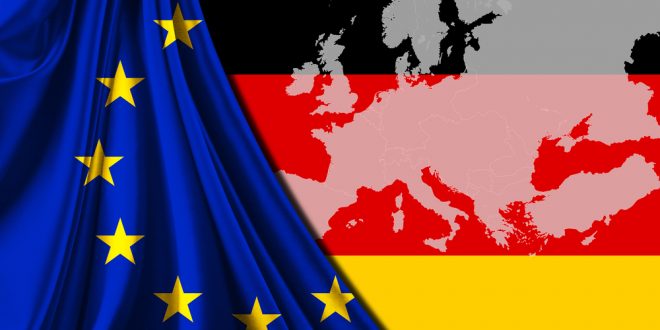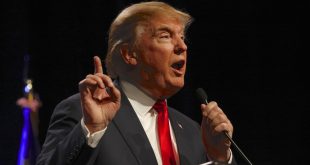At the meeting of finance ministers of the Eurozone in Luxembourg on Oct. 4, one prominent regular attendee was missing. Olaf Scholz, Germany’s finance minister and vice chancellor since 2018, was otherwise occupied in Berlin.
Eight days earlier, his Social Democratic Party had won national elections under his leadership, making him the most likely person to succeed Angela Merkel as chancellor, pending coalition negotiations.
The reality is that Europe is hardly worried at all. That’s because, although the government’s makeup remains to be determined, it’s still too early to say for certain whether Scholz will end up leading Germany, much less who will succeed him as finance minister, the culture of German economics has already changed significantly in recent years. And that’s not least because of Scholz’s own influence.
Many of the new German economists studied and worked abroad. They are at ease with European colleagues and less obsessed with inflation or fiscal discipline than their predecessors were.

 Noor Trends News, Technical Analysis, Educational Tools and Recommendations
Noor Trends News, Technical Analysis, Educational Tools and Recommendations




